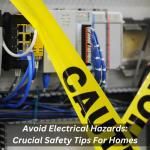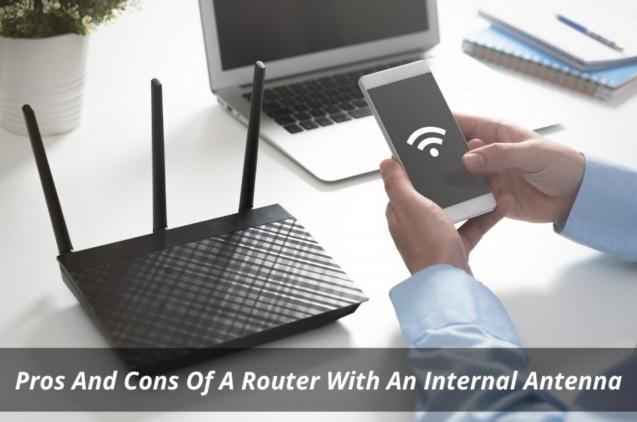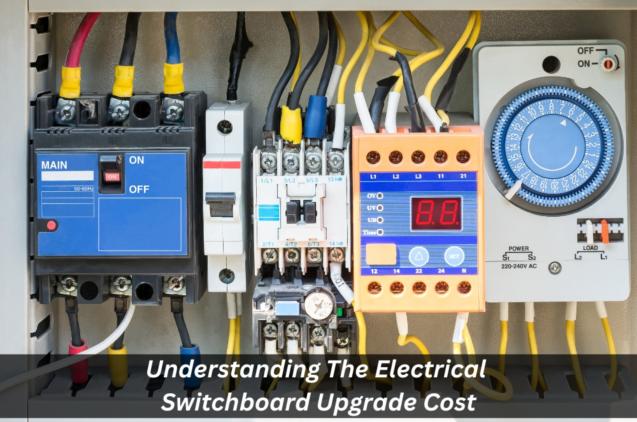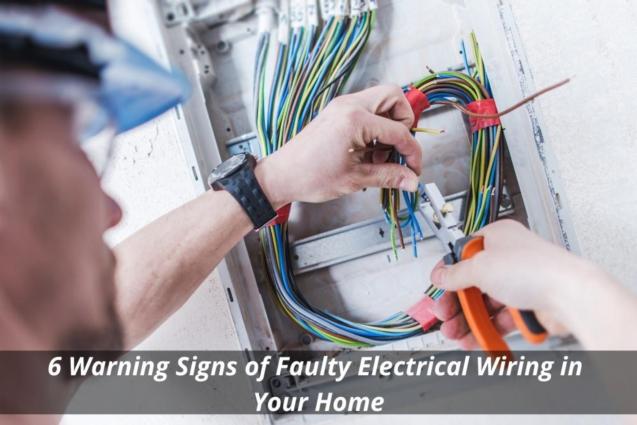
Avoid Electrical Hazards: Crucial Safety Tips For Homes
Electricity has become a part of our daily lives, with appliances, gadgets, and devices all running on it. Despite its convenience, electricity can be extremely hazardous if not properly handled.
To prevent electrical fire hazards, it is highly recommended to hire licensed and qualified electrical services to handle all your electrical needs. You must know about safety measures and regulations working with electrical equipment. In this article, we will discuss 10 crucial electricity safety tips that you must consider when handling home electrical systems to ensure your family's safety from electric shock or any other related hazards.
1. Understand volts and wattage
When you are dealing with any electrical appliances, it is important to understand the volts and wattage they consume. Appliances that require high voltage or wattage can cause a lot of damage if not handled properly. Make sure you know the appliance requirements before plugging them in extension cords.
2. Install circuit breakers and GFCI outlets
Installing circuit breakers and GFCI outlets is essential for residential electrical safety as they provide protection against short circuits, overloads, and ground faults. It is best to consult an experienced electrician Sydney regarding this matter so they can help you choose the right type of breaker or outlet that suits your home’s requirements.
3. Stay aware of moist conditions
Moisture and electricity don't mix, so it is important to stay aware of moist conditions in your home. If you have any wet areas near electrical cords, outlets or appliances, make sure to keep them dry at all times.
4. Utilize surge protectors and insulate cords where necessary
To protect your electrical appliances from power surges, utilize surge protectors and insulate cords where necessary for extra protection. This can help prevent short circuits or any other damages caused by accidental contact with the wiring.
5. Unplug unwanted hard wires safely
If you want to unplug something that has a hard-wired connection, make sure to use the correct tools and follow safety protocols while doing so. This includes making sure to switch off the power before unplugging and wearing protective gear such as gloves and eyewear.
6. Know the dangers of DIY repairs on power lines
Unless you are an experienced electrician, it is not recommended to perform DIY repairs on power lines or other electrical systems in your home. This can be extremely dangerous and can cause serious damage if not done properly.
7. Use tamper-resistant receptacles
To protect children from electric shock, use tamper-resistant receptacles that have a shutter mechanism that prevents objects from being inserted into them unless both slots are pressed simultaneously.
8. Avoid overloading outlets
Plugging too many appliances into one outlet can overload the circuit and cause a fire. To avoid this, make sure to use multiple outlets for larger appliances or use power strips with built-in circuit breakers.
9. Check your electrical system regularly
Make sure to inspect your electrical system regularly for any signs of damage or wear and tear. If you notice anything suspicious, contact an electrician immediately to have it repaired before it causes more serious problems. Repair or replace damaged cords as they can cause fires and electric shocks.
10. Have a professional electrician handle any major repairs
When it comes to major repairs such as wiring, rewiring, or connecting new circuits, it is best to leave it in the hands of a professional electrician who can handle the job safely and correctly.
Electricity can be dangerous and it is important to take the necessary measures to stay safe. Following these 10 crucial safety tips can help you avoid electrical hazards in your home and ensure that all of your electrical systems are running smoothly and safely.



